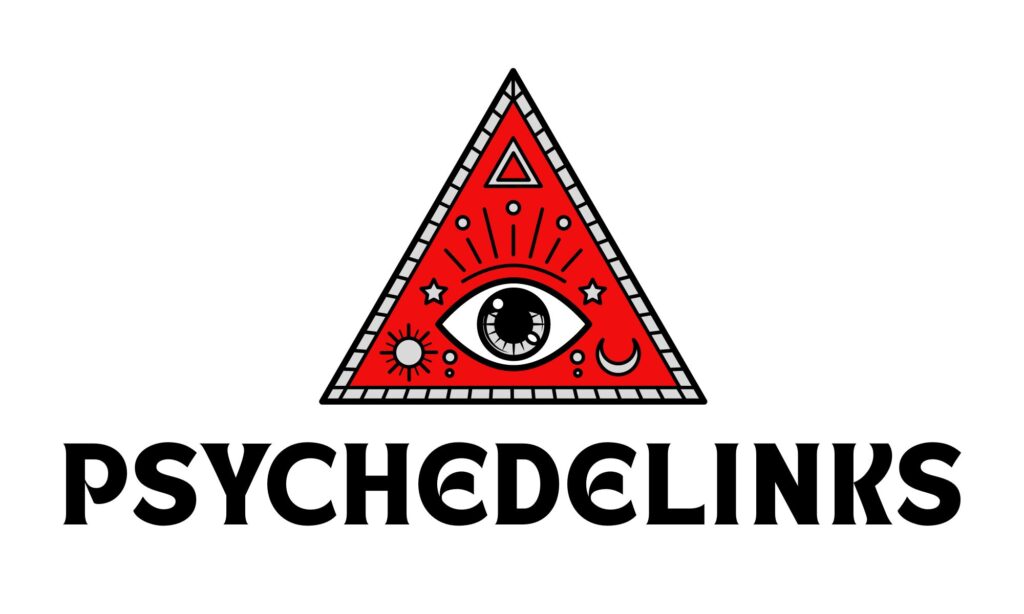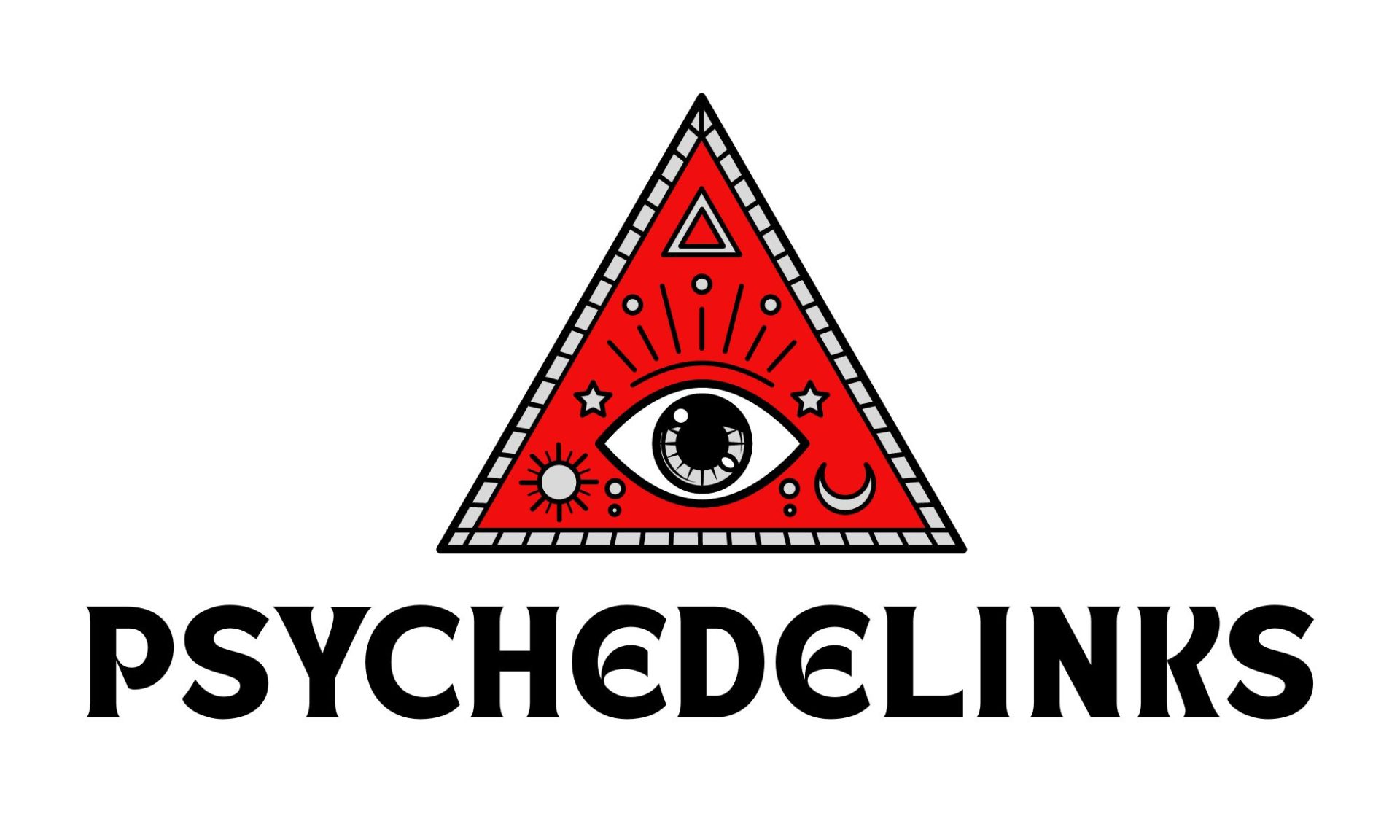PsychedeLinks is a curated selection of top news stories impacting business, research, and culture in the psychedelics ecosystem, crafted by Emerge Law Group’s groundbreaking Psychedelics Group.
Emerge’s Hot Take
Starting to Happen: Psilocybin Treatment Center Opens in Downtown Portland
A new psilocybin service center is opening in Portland. On November 21, co-owners Tom Eckert and Rachel Aidan gave media an early tour of the InnerTrek Center for Psilocybin Services. The center has already taken a few early clients and may also host sessions for visitors attending the Horizons Northwest conference early in December, with a full public opening expected in January 2024. InnerTrek, located on NE MLK Blvd. in the Fair-Haired Dumbbell, offers both group and individual sessions; per Eckert, the central focus of the center will be their three-day group sessions. Both owners have deep ties to the psychedelic movement – Eckert and his late wife were early champions of Oregon’s Measure 109 and helped formulate the facilitator training program requirements, and Aidan was an underground therapist for 30 years and CEO of a psychedelic practitioner training organization. Reflective of both owners’ experience, InnerTrek began as a training program for facilitators before branching out as a service center. The center is currently in the process of contracting with 20 facilitators and aims to host around 1,000 clients in the coming year. According to the Oregon Health Authority there are 18 licensed psilocybin service centers in the state of Oregon as of November 27, 2023. The coming year will be an exciting time as this new ecosystem continues to expand with creative psychedelic ventures.
Other Noteworthy News
The Future of Psychedelics in Psychiatry: A Neurologist Explains
FORBES – “Psychedelics have the potential to treat post-traumatic stress disorder, anxiety, substance use disorders, depression and other psychiatric conditions. ‘In our newly established Interventional Psychiatry program, where we aim to treat depression, post-traumatic stress, and other disorders that have not responded to traditional treatments, we anticipate that the use of Ketamine, psilocybin, MDMA and other medications will provide much-needed alternatives for our patients,’ said Dr. Stephen Ferrando, Professor and Chair of Psychiatry at New York Medical College as well as Director of Psychiatry at [Westchester Medical Center] Health. Results [of phase 3 clinical trials] have led to increased excitement about psychedelics and contributed to researchers speculating that positive clinical trial results could lead to FDA approval within a year. Psychedelics result in changes in perception, which include altered states of awareness or focused consciousness, altered thought patterns, trance, mystical and hypnotic states. This may be related to effects on the brain’s sensory relay station, known as the thalamus, and its connection to the cerebral cortex, which mediates higher-order intellectual functioning. Some people experience a different level of self-perception and may come to a better understanding about themselves, others and the world. With so many academic centers researching these agents, the increased funding and the positive clinical trial results, the body of evidence is gradually becoming more substantive. Many physicians and scientists now have good reason to be cautiously optimistic about the role psychedelics may play in the future.”
Manufacturing Psilocybin Isn’t Difficult. Building a Legal Industry Is.
MODERN FARMER – “Indigenous cultures across the world have long had relationships with psychedelic plants and mushrooms, but legalizing psilocybin access is new to the US. In recent years, Oregon, and then Colorado, have been the only states in the US to legalize and decriminalize psilocybin, but several cities across the country have also passed decriminalization resolutions. A driving goal of [Oregon] Measure 109 was to make psilocybin something that is ‘a safe, accessible and affordable option’ for age-appropriate clients who might benefit from using psilocybin. [But] in this first year, the costs are too high for many people. This is partly because, in Oregon, everyone in the industry becomes certified—manufacturers, testing centers, service centers and facilitators, who are with clients during their experience. Psilocybin itself isn’t expensive, but the licensing fees, taxes and the amount of time each client spends receiving service mean that the costs of experiencing psilocybin at a service center quickly become expensive. [S]ome facilitators will offer their services on a sliding scale. Full-price clients can help offset the cost for others. OHA requires that service centers come up with and document a social equity plan. Colorado plans to start accepting license applications for psilocybin manufacturing and administration in late 2024. Representatives from the state have been in close contact with those involved in Oregon’s rollout to learn what works well and what could be different. Other states are likely to follow suit—Massachusetts voters may see a psilocybin measure on their ballots soon. While the legal frameworks are not homogenous, more communities in the country are asking how to make psilocybin-containing mushrooms, which have been growing naturally in the environment for the longest time, accessible to more people without risk of penalty.”
The Evolutionary Origins of Psychedelics
TIME – “Lately [more people] have turned to psychedelics like psilocybin to change their perspectives. In fact, researchers are beginning to test if they could serve as new treatments for mental health disorders. That said, the bigger question is why plants, mushrooms, microbes and even some animals make chemicals like these with life-saving, life-enhancing, and even life-ending properties. [The author’s] job as an evolutionary biologist who studies the ancient battle between plants and herbivores is to help answer this question. By doing so, we may learn important information on the potential risks, as well as the potential benefits, of deploying chemicals forged by evolution for our own devices. Just as natural psychedelics evolved independently in many different organisms, so, too, did their cultural use over and over by Indigenous peoples around the world who deploy them as medicines, spiritual practice, and more. Although long taboo in modern ‘Western’ societies, psychedelic chemicals are emerging as transformative therapies for a wide range of mental health disorders that are resistant to treatment, from alcohol use disorder to post traumatic stress disorder. Although we are still trying to understand the origins and functions of natural psychedelics in the organisms that make them, it is clear that their evolution has nothing to do with us. Although psilocin is what causes psychedelic experiences after it is converted from psilocybin, those experiences may be unintended consequences of its ultimate function for mushrooms.”
WATCH: Denver Psilocybin Support Center Gains Attention with Business Model
DENVER7 – “Proposition 122 decriminalized the personal possession, growing, sharing, and use of psychedelic mushrooms. The sale of psilocybin mushrooms, however, remains illegal.”
LISTEN: The Psychedelic Industry with Josh Hardman
THE DRUG SCIENCE PODCAST – “In this episode, Josh Hardman, the founder of Psychedelic Alpha, explores the multitude of challenges currently being encountered by the psychedelic industry. He engages in discussions regarding the progress of decriminalization and legalization initiatives, upcoming clinical trial milestones, and delves into the current state and the potential evolution of the Psychedelic industry.”
Subscribe
Subscribe to PsychedeLinks to receive essential biweekly articles on news, business, and culture in the psychedelics industry, delivered straight to your inbox.


